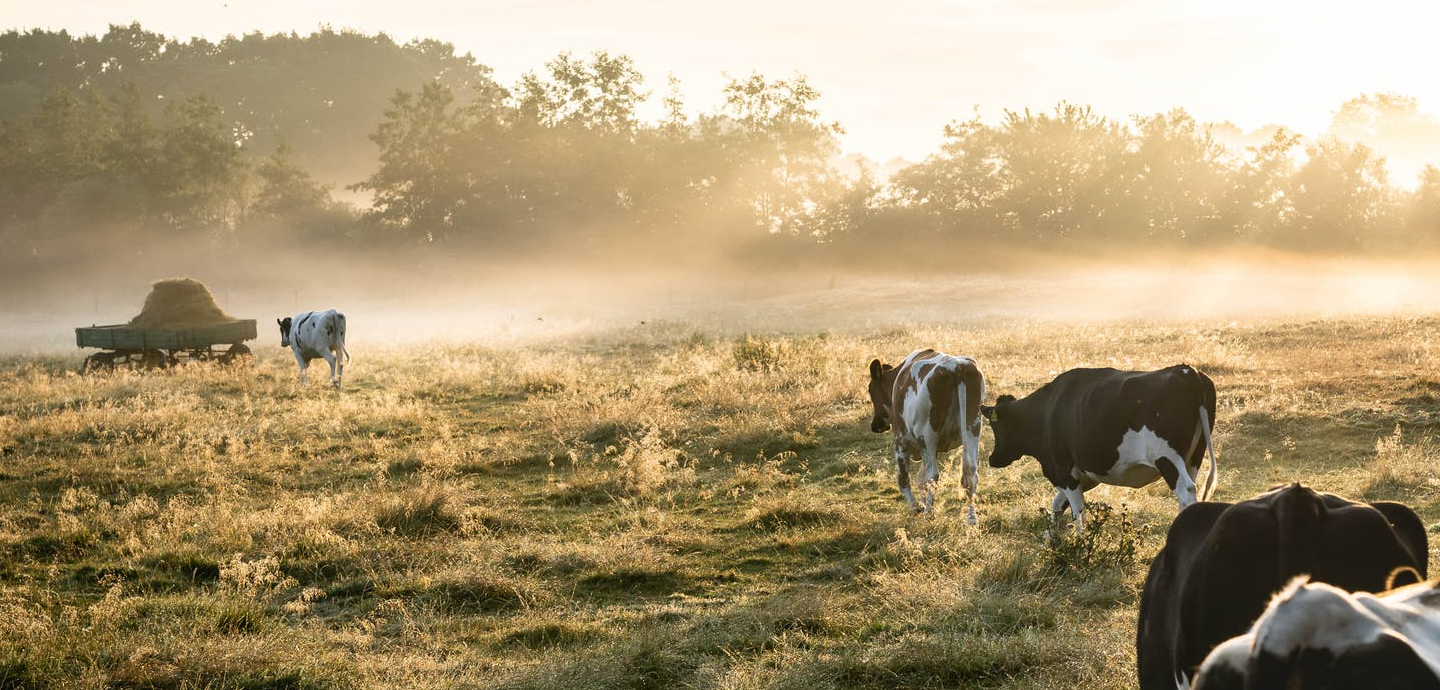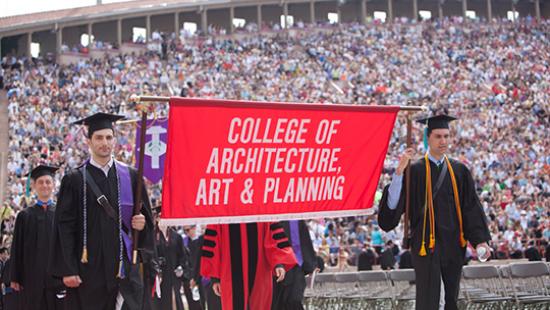Mark Lubell and Xavier Basurto: What is the Future of Commons Research and Planning?

Lukas Hartmann, Pexels
Russell Van Nest Black Lecture
Bio:
Xavier Basurto is an associate professor of sustainability science at the Duke Nicholas School of the Environment. He is interested in the fundamental question of how groups (human and non-human) can find ways to self-organize, cooperate, and engage in successful collective action for the benefit of the common good, with a focus on small-scale fisheries. Basurto strives to understand how the institutions (formal and informal rules and norms) that govern social behavior interplay with biophysical variables to shape social-ecological systems. What kind of institutions are better able to govern complex-adaptive systems? And how can societies (large and small) develop robust institutions that provide enough flexibility for collective learning and adaptation over the long-term? He uses quantitative and qualitative approaches, including qualitative comparative analysis. He has an M.S in natural resources and an MPA and a Ph.D. in management (with a minor in cultural anthropology) from the University of Arizona. He spent two years working with Elinor Ostrom, 2009 cowinner of the Nobel Prize in Economics, at the Workshop for Political Theory and Policy Analysis of Indiana University.
Mark Lubell is a professor of environmental science and policy at the University of California, Davis, and Director of the Center for Environmental Policy and Behavior. His research focuses on human behavior and the role of governance institutions in solving collective action problems and facilitating cooperation. The collective action problems associated with environmental policy provide a laboratory for his research. Lubell's current projects include watershed management, environmental activism, agricultural best management practices, and institutional change in local governments. He also dabbles in experimental economics and simulation techniques to further explore collective action theory. He has a Ph.D. in political science from the State University of New York at Stony Brook.
Abstract:
Recent economic, social, and environmental crises have revived interest in the "commons" in research, policy, and practice, both in settings of urban community development and more rural/peri-urban areas. The old debate centered on Garret Hardin's Tragedy of the Commons and Elinor Ostrom's argument that communities can effectively manage common pool resources. Since then, these debates have expanded to problematize social capital, equity, and gender identity within the commons. Today, concerns about racial justice, climate change, and economic crisis raise new questions about who has historically defined the "commons" (theoretically, methodologically, practically), and who comprises the commons, the nature of the relationship of those within and without the commons, and how the commons handles crises. This session asks long-time researchers of natural resource commons in agriculture, urban coastal zones, and fisheries to reflect on the following: How do they respond to urgent calls for policy change and critical reflexivity in research? What does research on the commons offer us in this current moment of change? How has research on the commons changed over time, and how does it need to evolve moving forward?




